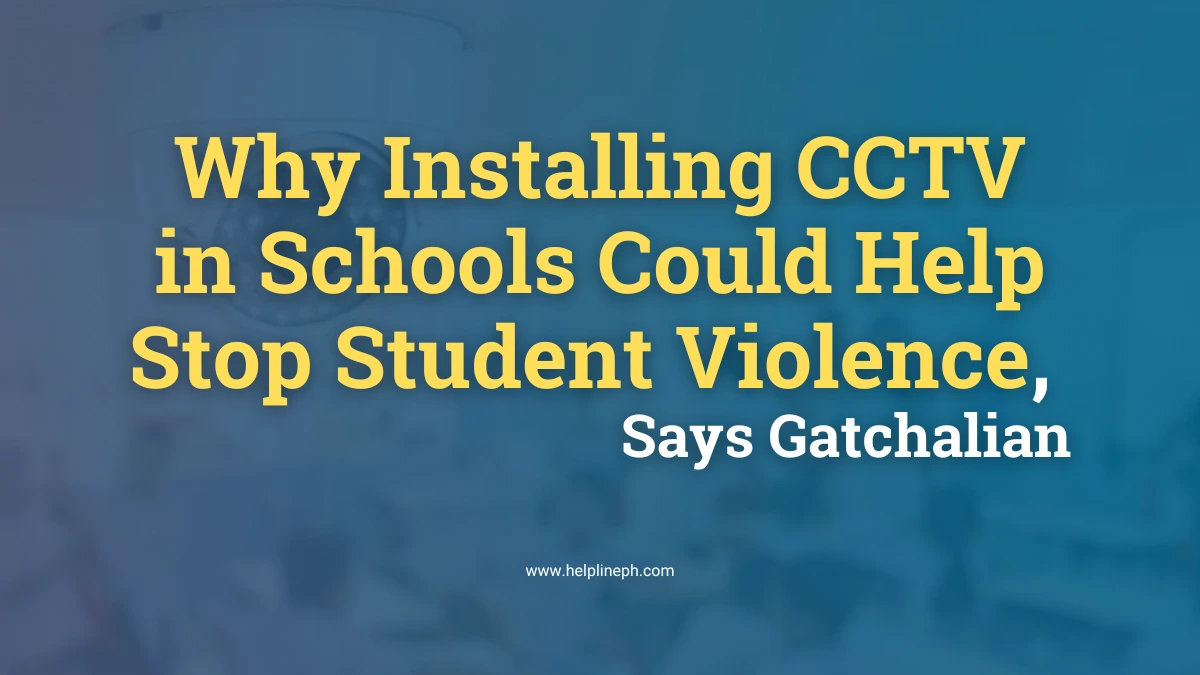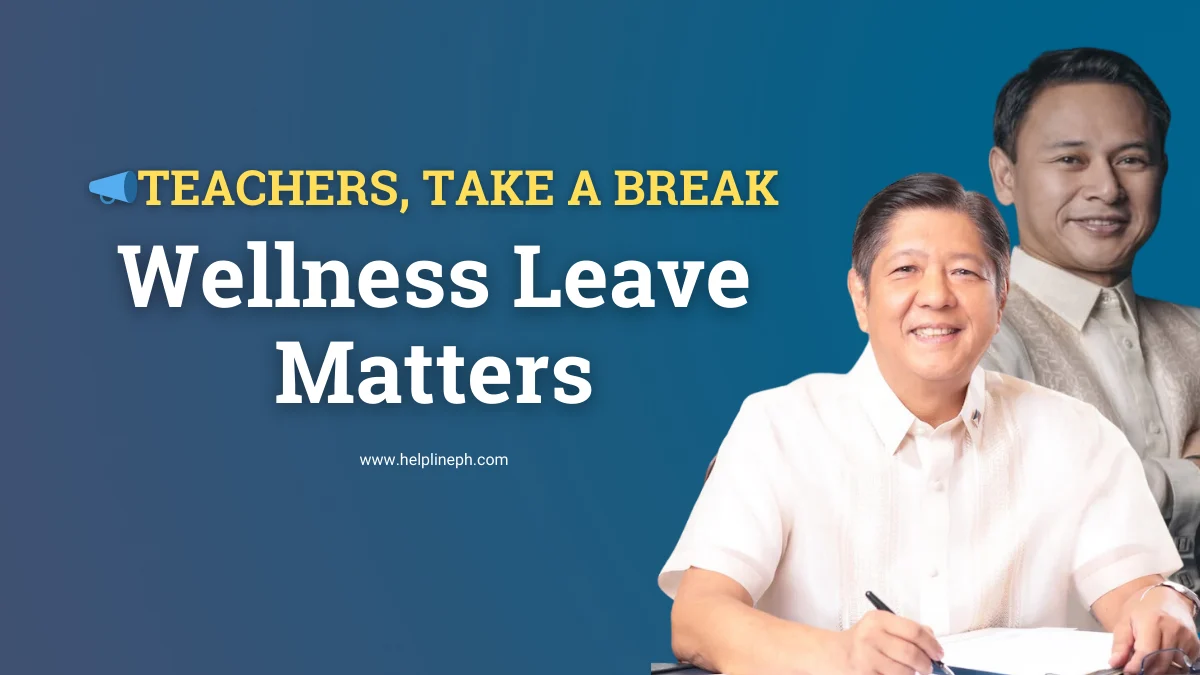CCTV in schools may soon become more common if Senator Sherwin Gatchalian’s suggestion is followed. He believes putting cameras inside classrooms could help prevent school violence and bullying. This comes after several violent events involving students were reported, including a tragic incident where a student was killed by her classmate inside their school.
Why Gatchalian Supports CCTV in Schools
Senator Gatchalian said during a press conference that the government should seriously think about funding the installation of CCTV cameras in public and private schools. Some schools already have them, but most of the time, it’s the local government that pays for them.
He shared this idea a day before a Senate inquiry into rising violence in schools. “We need to protect our children,” he said. “What happened is very sad, and these situations should not happen inside a school.”
What Triggered the Talk
The senator made this statement after two shocking events. First, a 14-year-old girl was killed by her classmate in Parañaque City. Then, a video went viral where a female student was being attacked by two classmates inside a classroom.
“These attacks are not just bullying anymore,” Gatchalian said. “They are more violent now. Worse, videos of these attacks are shared online to shame the victims.”
How CCTV Can Help Prevent School Violence
Having CCTV in schools can make students feel safer. Cameras can discourage students from hurting others because they know someone might be watching. If something bad happens, there will be video evidence to help the school take action.
Gatchalian thinks that if schools had stricter rules and followed the anti-bullying policy, many of these incidents could have been avoided.
Questions the Senate Wants to Answer
Gatchalian, who leads the Senate’s committee on basic education, said the upcoming inquiry will ask important questions such as:
- What is the Department of Education doing to stop bullying?
- What rules do schools have for school violence prevention?
- Are parents and school officials doing enough?
- Should there be stronger punishments for those who don’t act?
“We want to know why bullying is getting worse in the country,” Gatchalian said. “We need to look at the rules and find out what’s missing.”
Holding Adults Accountable
The senator also said that school principals and even parents might face legal action if they fail to protect students. “They must know that ignoring these problems can lead to civil lawsuits,” he explained.
He wants the inquiry to bring together everyone involved—schools, government officials, and families—to create a safer place for students.
Is CCTV the Final Answer?
While CCTV can help, it’s not the only solution. Many experts say that schools need to focus on mental health support, guidance counselors, and creating a culture of kindness and respect among students. Cameras may stop some violence, but they can’t fix everything.
However, Gatchalian believes cameras can be a good first step. “We can’t ignore this problem anymore,” he said. “Our kids deserve to feel safe at school.”
Frequently Asked Questions (FAQs)
Is CCTV already used in some schools in the Philippines?
Yes. Some schools already use CCTV, but many were installed using local government funds.
Can CCTV cameras stop bullying completely?
No, but they can help reduce it. CCTV makes it easier to catch harmful actions and can stop some students from doing bad things.
Are there rules in place against bullying in schools?
Yes. There is an anti-bullying policy in place, but some schools don’t follow it strictly, which causes more problems.
What other steps can schools take besides CCTV?
Schools can offer counseling, train teachers to handle bullying, and teach students about kindness and respect.
Can schools or parents get in trouble for not stopping bullying?
Yes. According to Gatchalian, school officials and parents may face civil cases if they don’t act when students are being hurt.






